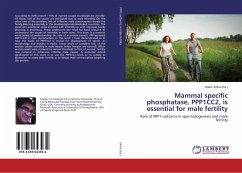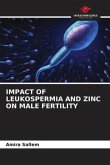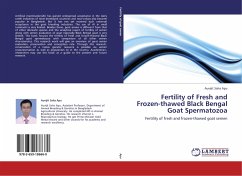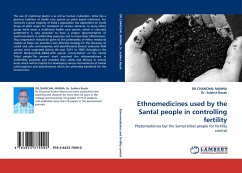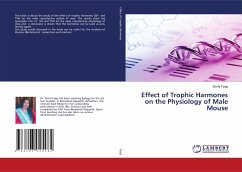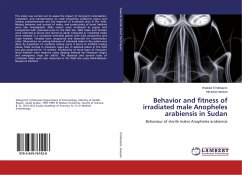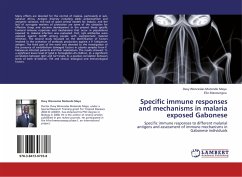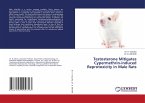According to WHO report ~15% of married couple worldwide are infertile. Of these, half of the causes are attributed due to male infertility. On the other end of the problem, lack of effective male contraception derails the family planning especially in the developing/underdeveloped countries. The social and emotional stress involved with infertility or with improper family planning is enormous. These underscore the need for basic research to understand the causes of infertility in both sexes. This book is a research work aimed at understanding the role of a protein named, PPP1gamma2 (PPP1CC2) in male reproduction. In this work, I have demonstrated as to how the levels of PPP1CC2 is crucial for development of sperm, its morphology and motility in males. Lower levels or complete lack of the protein causes infertility in male mouse (while females are normal). When protein levels were restored to certain threshold to that of normal, fertility was restored in otherwise infertile male mouse. A potential clinical significance of this work is to use the PPP1CC2 levels or its activity as biomarker to assess male fertility or to design male contraception targeting the protein.
Bitte wählen Sie Ihr Anliegen aus.
Rechnungen
Retourenschein anfordern
Bestellstatus
Storno

